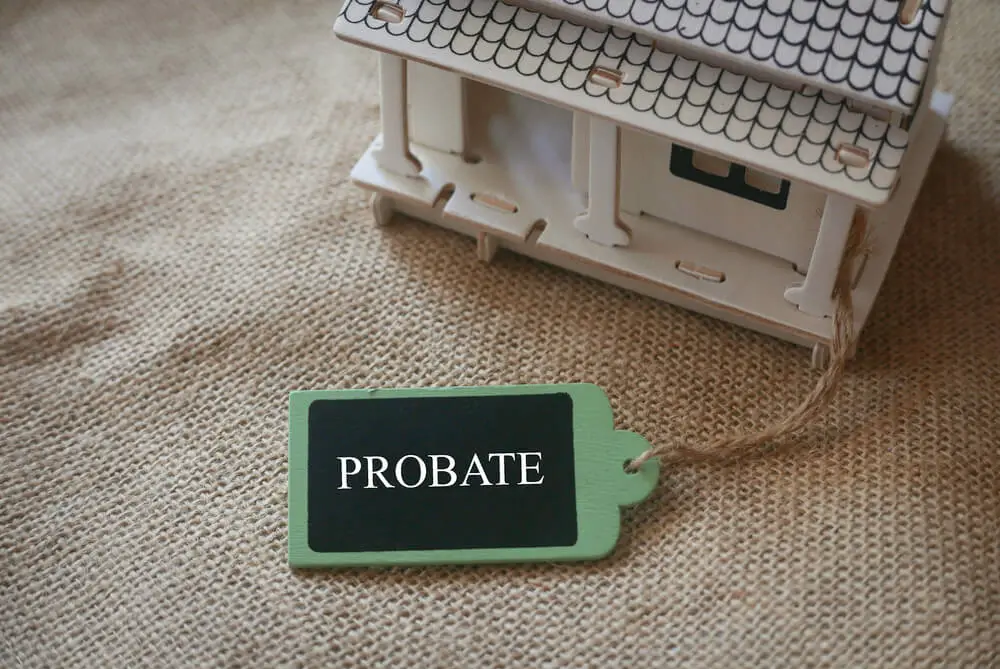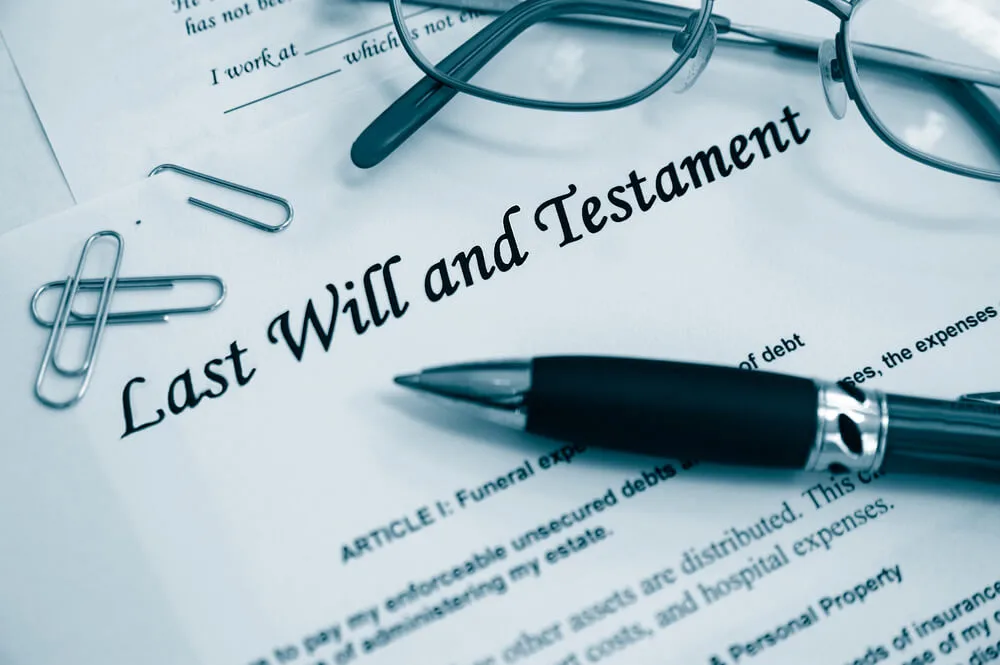
Wills & Probate Solicitors Clondalkin & Rathgar, Dublin
Wills and Probate
Dealing with a death in the family is not an easy matter. It is both emotionally and financially demanding. We offer a comprehensive probate and administration of estate services. Our services are designed to deal with the practical considerations arising on a death in a family which allows the family time and space to deal with the emotional considerations.
Call 01 4030777, email: info@howellsolicitors.ie or contact us here.
Our services in this area include:
- Drafting of Wills.
- Advice on matters of tax.
- Applications for Grants of Probate.
- Advising on the role/responsibility of Executors.
- Advising the Spouse/Children of the deceased.
- Advising on claims against an estate.
- Wards of Court Applications.
- Advice on Enduring Powers of Attorney.
Call us 014030777 or email us info@howellsolicitors for further information on how we can help.

Why Make a Will?
When you are healthy and enjoying life, the idea of making a will may be far from your mind, but it is something we all should think about. There is nothing morbid about making a will, in fact it can have quite the opposite effect. It can be heartening to know that you’ve made arrangements for family or loved ones, after you’ve gone. Hopefully this will be a very long way off, but it’s really about piece of mind that both you and your family will have now and into the future. The experts at Howell Kelly Solicitors have years of experience in assisting clients in making arrangements for family into the future.
What exactly is a Will?
Put simply, a will is a legally binding document which sets how your assets will be dealt after you die. It is best done with the help of a solicitor, who can guide you through the process with their specific legal expertise.
There are many reasons to make a will:
- If you do not make a will, your entire estate, be that a house and/or savings is frozen until someone is appointed to divide the assets accordingly. If you make a will, you avoid any of the problems in this regard.

- Writing a will means that you decide what provisions are made for your dependents or family, subject to certain rights that spouses, civil partners or children may have.
- Writing a will can really limit stress on a family during a difficult time, following a death. You can make provision for funeral arrangements within a will. This can cover such things as setting aside funds for the future or such sensitive issues as where you wish to be buried. These things can give you piece of mind that your wishes will be adhered to and that there is no unnecessary stress on family when you are gone.
- A will means that you can decide to leave property or sentimental items to those you care about. You can also decide to leave some assets to a charity, if that is your wish. A will means that you may also be able to help someone outside of family.
- By working with your solicitor, you can also decide how your assets are distributed among family. This could help in your family avoiding some areas of inheritance tax.
- It is highly recommended that if you are co-habiting, a will is made to ensure that your partner is looked after, following your death. This is especially true if property or assets are only in your name. A will gives you piece of mind that they will be taken care of.
- People with children should think carefully about making a will as soon as possible. Again, it is a positive step in making sure that your loved ones and their representatives have a legal document which gives clear instructions on how they should be looked after.
- Your solicitor can guide you through all aspects of making a will. It need not be a stressful experience. In fact, with expert advice you can make arrangements for family and loved ones in a supportive environment which sets you at ease.
Please contact us on 01 4030777 for a written quote
Expert Advice from Howell Kelly Solicitors
At Howell Kelly Solicitors, we have experts in all areas of will making. Michael Kelly and his team advise clients on all aspects of will making and their skill and knowledge will guide you through the process, making it a simple and cost effective thing to do.
You can contact us at any time to arrange making your will or to update an existing will. We’ll be happy to help you make arrangements for family and loved ones into the future, giving you piece of mind that your wishes can be adhered to.
You can contact us at any time to arrange making your will or to update an existing will. We’ll be happy to help you make arrangements for family and loved ones into the future, giving you piece of mind that your wishes can be adhered to.